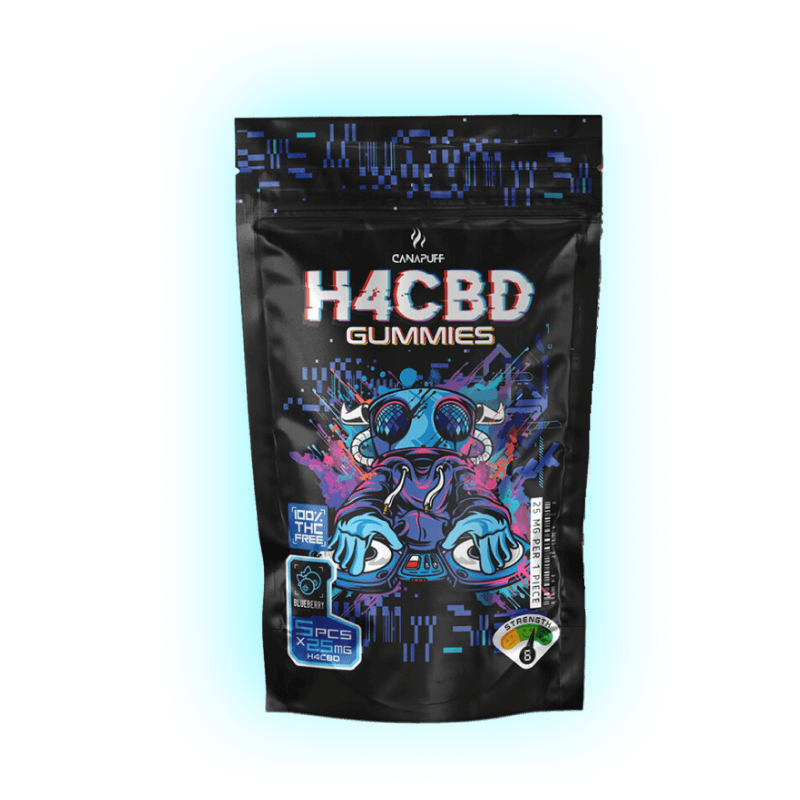Psychedelic therapy

Inhaltsverzeichnis: Psychedelic therapy
Psychedelic therapy has gained increasing attention in recent years. But what exactly is it, how does it work, and for whom could it be a real opportunity? Let's take a closer look at the subject!
What is psychedelic therapy?
Psychedelic therapy is an innovative form of treatment in which mind-altering substances - known as psychedelics - are used in a therapeutic setting to treat mental illness. Commonly used substances include
- Psilocybin (contained in "magic mushrooms")
- LSD (lysergic acid diethylamide)
- MDMA (methylenedioxy-N-methylamphetamine)
- ketamine
These substances act on the central nervous system and can trigger deep emotional and cognitive processes. Psychedelic therapy is usually supervised by specially trained therapists and takes place in a controlled environment to minimize the risk of unwanted side effects.
The therapeutic process uses altered consciousness to resolve deep-seated trauma, depression or anxiety. The focus is often on emotional insights and the experience of connection, which can support the healing process. In a way, psychedelics open doors in the consciousness that remain closed in normal everyday life.
The therapy is currently being intensively researched as it shows great potential, especially for patients who do not respond to conventional treatments.
Psychedelic therapy in Germany
In Germany, psychedelic therapy faces legal hurdles, as most psychedelic substances such as psilocybin and LSD fall under the Narcotics Act (BtMG) and are therefore illegal. The therapeutic use of these substances is highly regulated and in most cases only possible in the context of clinical studies or under special conditions. One exception is ketamine, which is used in low doses as an approved medication in the treatment of depression. This so-called ketamine therapy is legal in Germany and is offered in specialized clinics.
In cities such as Munich, Berlin and Frankfurt, the first attempts are being made to research psychedelic therapies and offer them in certain settings, often in conjunction with university research. There are also more advanced approaches in Switzerland and the Netherlands that serve as an alternative for German patients. The legal situation in Germany could change in the next few years, as interest in psychedelic therapy and research results continue to grow.
Costs of psychedelic therapy in Germany
The cost of psychedelic therapy in Germany depends mainly on the type of treatment. As most psychedelic substances such as psilocybin and LSD are illegal, only ketamine therapy is currently legally accessible. A session usually costs between 200 and 500 euros, depending on the practice and the intensity of treatment. As the therapy often requires several sessions, the total cost can easily amount to several thousand euros. Unfortunately, health insurance companies do not cover these costs in most cases, which means that patients have to finance the therapy themselves. This represents a considerable financial hurdle for many, as the treatments have to be carried out over longer periods of time in order to achieve lasting effects.

Psychedelic therapy training
Training to become a therapist for psychedelic therapy in Germany is still in its infancy and is strictly regulated due to the legal situation. To become a therapist in this field, an existing qualification as a psychotherapist, doctor or psychiatrist is usually required. These professionals must then complete special further training in the use of psychedelics in a therapeutic context.
In the case of ketamine therapy in particular, there are already recognized training programmes in which doctors and therapists are trained to use this form of therapy safely. The training courses include knowledge about dosage, dealing with possible side effects and psychotherapeutic support for patients during and after sessions.
For substances such as psilocybin or MDMA, training is currently only possible as part of clinical studies or abroad, as these substances are not yet legal in Germany. The training focuses on the safe use of the substances, therapeutic support and the integration of the experience into the patient's everyday life. However, with increasing research and potential legalization, specific training paths could also emerge in Germany in the future.
Future developments and potential in Germany
-
Future of psychedelic therapy:
The prospects for psychedelic therapy in Germany are promising. Current research findings and social changes show the growing potential of this form of therapy. Studies worldwide show that substances such as psilocybin, MDMA and ketamine are effective in the treatment of depression, anxiety disorders and post-traumatic stress disorder (PTSD). Clinical studies are already underway in Germany to confirm the efficacy and safety of these approaches. -
Legalization:
The legalization of psychedelics for therapeutic purposes could become a reality in the next few years. Especially if research results continue to show positive developments and social pressure for new treatment options increases. Countries such as the USA and Canada are pioneers in the legalization of MDMA and psilocybin, which could also influence the process in Germany. -
Social acceptance:
Acceptance of alternative forms of therapy is increasing, primarily due to the growing openness towards mental health. The search for effective treatments for treatment-resistant illnesses is reinforcing this trend. Psychedelic therapies could gain in importance in Germany if they are supported by research findings and offered in a controlled setting. This could permanently change and diversify the psychotherapeutic landscape in Germany.
















